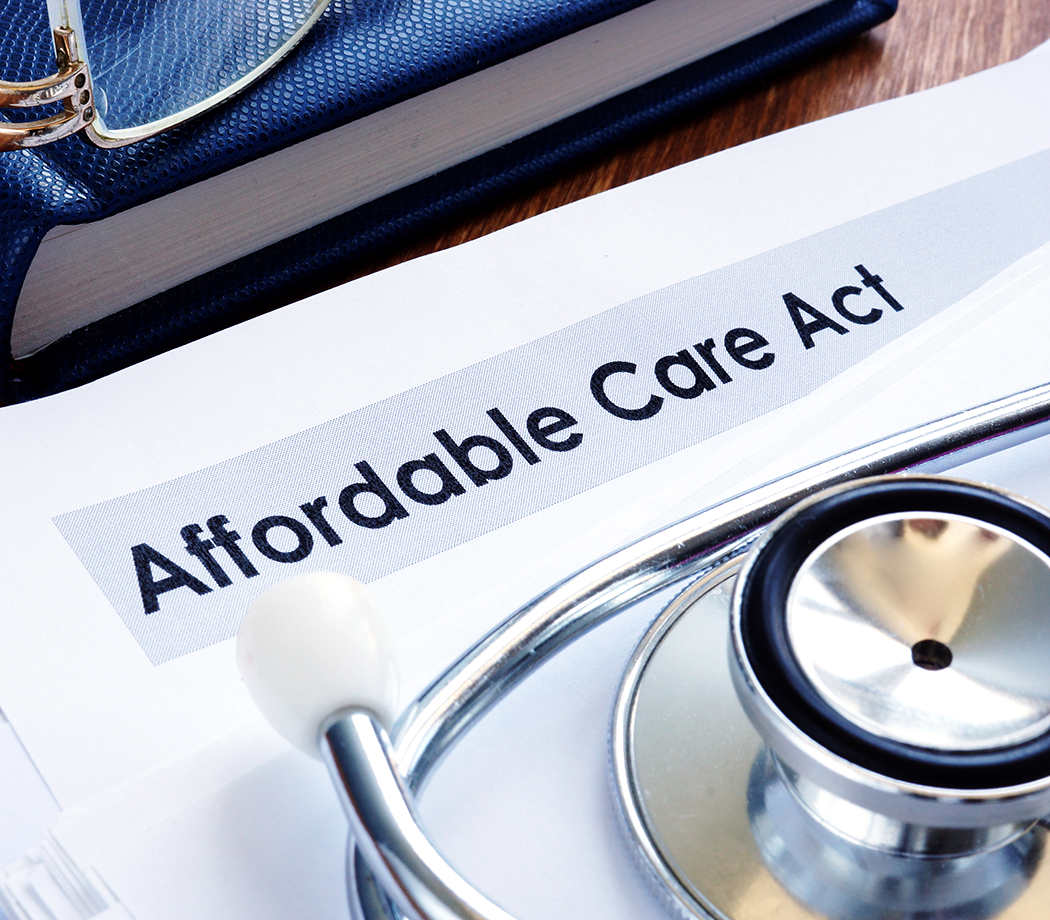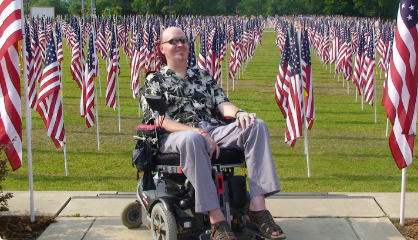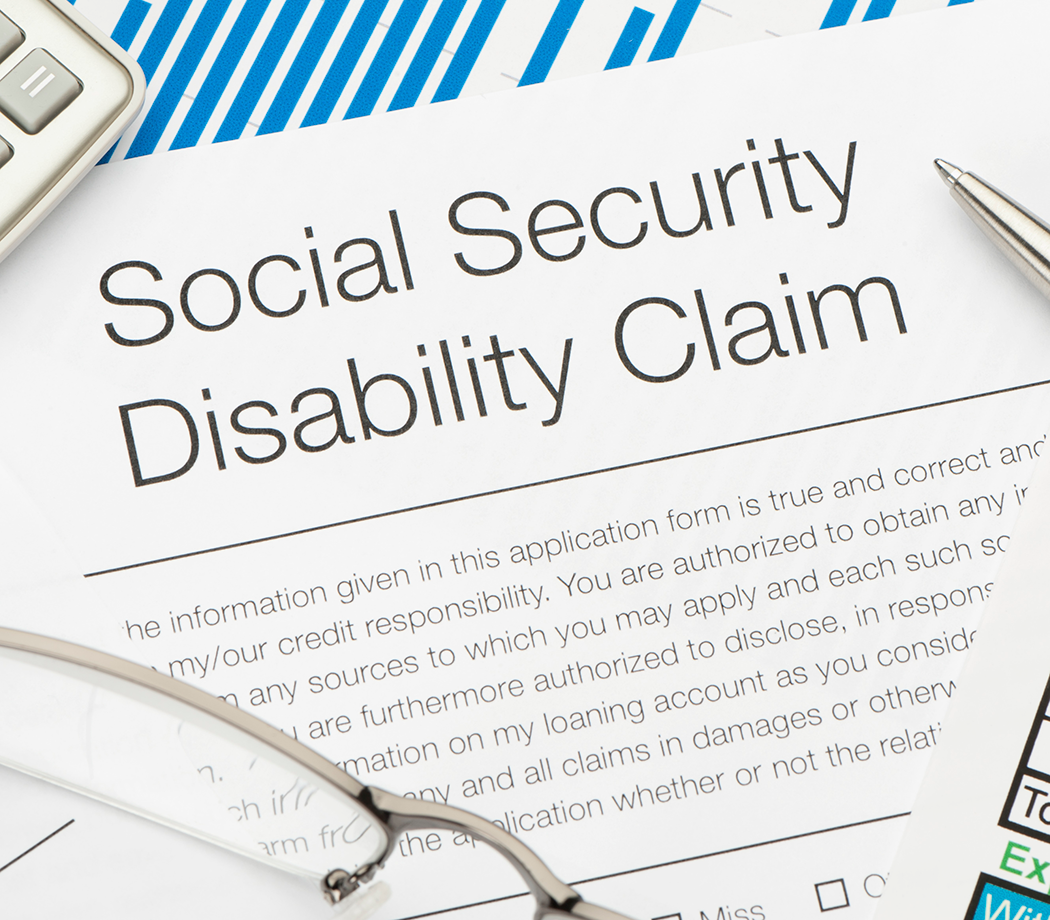Overview of Insurance Options
Medicare vs. Medicaid
You are eligible for healthcare coverage from Medicare if you or your spouse worked and paid taxes for at least 10 years, you are at least 65 years old, and are a citizen or permanent resident of the United States. You might also qualify if you are a younger person with a disability.
It’s important to note that Medicare is not the same as Medicaid, which is a joint federal and state program that helps with medical costs for some people with low incomes and limited resources.
Medicaid is the only national program that pays for the complete range of services that enable many individuals with disabilities to live in their own homes and communities. Most states, however, spend 70 percent or more of their Medicaid funding on nursing homes.
Policy Types, Eligibility, and Cost
Medicaid has extensive rules for determining an individual’s income and resources. Furthermore, because it is not a uniform federal program like Medicare, Medicaid coverage and eligibility varies from state to state.
In an effort to encourage more states to provide Medicaid to working individuals with disabilities, Congress permitted states to expand their Medicaid programs through a Medicaid “buy-in.” This allows people with disabilities to continue to receive Medicaid services even if they return to work. Most states allow waivers for some eligibility restrictions.
Medigap policies are Medicare supplement insurance policies sold by private insurance companies to fill “gaps” in what is called Original Medicare Plan coverage, such as out-of-pocket costs for Medicare coinsurance and deductibles or services not covered by Medicare. These policies can reduce out-of-pocket costs if those costs exceed the monthly Medigap premiums.
Medicare Part A (hospital insurance) is available when you turn 65. You don’t have to pay premiums if you are already receiving retirement benefits from Social Security or the Railroad Retirement Board and you or your spouse had Medicare-covered government employment.
Most people get Part A automatically when they become 65. If you (or your spouse) did not pay Medicare taxes while you worked and you are age 65 or older, you still may be able to buy Part A. If you are not yet 65, you can get Part A without having to pay premiums after receiving Social Security or Railroad Retirement Board disability benefits for 24 months.
Medicare Part B (medical insurance) is an option that helps pay for doctors and related services, outpatient hospital care, and some things Part A does not cover, such as physical and occupational therapy and home healthcare when it’s medically necessary.
The Part B premium is $105 per month. This cost might be higher for those who did not choose Part B when they first became eligible at age 65. The cost of Part B may go up 10 percent for each 12-month period that you could have had Part B but did not sign up for it, except in special cases.
What is Covered?
It is important to know that Medicare does not cover everything, and does not pay the total cost for most services or supplies that are covered. Talk to your doctor to be sure you are getting the service or supply that best meets your healthcare needs.
The Original Medicare Plan usually pays 80 percent of the approved amount for certain approved pieces of medical equipment. Ask your supplier: “Do you accept assignment?” This could save you money.
Medicare pays for some home healthcare costs. Benefits are available if people meet four conditions:
- Their doctor says they need medical care in their home and makes a plan for that care.
- They need intermittent skilled nursing care, physical therapy, speech language services, or occupational therapy.
- They are homebound and the home health agency caring for them is Medicare-approved.
Medicare does not pay for the following:
- 24-hour a day care at home
- All prescription drugs
- Meals delivered to the home
- Homemaker services such as shopping
- Cleaning and laundry
- Personal care given by home health aides such as bathing, toileting or dressing when this is the only care needed
Find a Medicare approved home health agency by asking your doctor or hospital discharge planner, using a community referral service, or looking in the telephone directory under “home care” or “home healthcare.” You are free to choose any agency that meets your medical needs.
Drug Coverage (Part D)
Medicare Part D is a program that provides assistance for prescription drugs. The drug benefit is not provided within the traditional Medicare program. Instead, beneficiaries must enroll in one of many Part D plans offered by private companies.
Medicare drug benefits are available through two types of private plans: beneficiaries can join a Prescription Drug Plan (PDP) for drug coverage only or they can join a Medicare Advantage plan (MA) that covers prescription drugs (MA-PD). There are 34 PDP regions and 26 MA regions in the U.S.
The drug plans control drug costs through a system of tiered formularies. Lower cost drugs are assigned to lower tiers and thus are easier to prescribe.
Those beneficiaries who are dual eligible, having both Medicare and Medicaid, are automatically enrolled into a Prescription Drug Plan (PDP) in their area.
The enrollment period for Part D only runs for several weeks a year (see www.medicare.gov for dates). Only during this period can people with Medicare enroll in a plan or change from one plan to another.
Unlike rules for Medicare Savings Programs, which allow for a family unit of only one or two, Part D recognizes larger family units and extends coverage.
Filing Appeals for Medicare services
You have the right to file an appeal for any unsatisfactory decision about your Medicare services. Ask your provider for any information related to the bill that might help your case. Your appeal rights are on the back of the Explanation of Medicare Benefits or Medicare Summary Notice mailed to you from the company that handles bills for Medicare.
If you are in a Medicare managed care plan, you can always appeal if your plan does not pay for, does not allow, or stops a service that you think should be covered.
If you think having to wait for a decision could seriously harm your health, ask the plan for a fast decision. The plan must answer you within 72-hours. A Medicare managed care plan must tell you in writing how to appeal.
After you file an appeal, the plan will review its decision. If your plan does not decide in your favor, the appeal is reviewed by an independent group that works for Medicare, not for the plan.
Resources
If you are looking for more information on insurance, our Information Specialists are available business weekdays, Monday through Friday, toll-free at 800-539-7309 from 9am to 8pm ET.
Additionally, the Reeve Foundation maintains fact sheets on Medicare, Medicaid, and ACA with additional resources from trusted Reeve Foundation sources. Check out our repository of fact sheets on hundreds of topics ranging from state resources to secondary complications of paralysis.
We also encourage you to reach out to other support groups and organizations, including:
- Center for Medicare Advocacy, Inc. provides education, advocacy and legal assistance to help elders and people with disabilities obtain healthcare.
- Centers for Medicare & Medicaid Services supports health insurance for more than 100 million Americans through Medicare, Medicaid and State Children’s Health Insurance Programs.
- Healthcare.gov offers information on health insurance options, as well as on changes under the ACA that impact all Americans, including people living with disabilities.
- Insure Kids Now! is a national campaign connecting children under age 18 to free and low-cost health insurance.
- Medicare Rights Center (MRC) works to insure that people with disabilities get affordable healthcare.
Source: Social Security Administration, Medicare
Webinar: Government Benefit – SSI/Medicaid
The maze of government benefits can be overwhelming. You learned you don’t have enough credits to qualify for SSDI or Medicare. Now what?
What do you need to do, can you get benefits without a work history?
Why does it matter that you own assets?
How can you position yourself to become eligible for these benefits?
What questions will the government ask?
Do you know how to answer them?
What can you do differently to qualify the first time?
Hosted by Mary Anne Ehlert, CFP®, a financial professional. She is also a mother, a sister and a daughter to her loved ones with disabilities. She is highly regarded as a specialist in working with families of individuals with disabilities and the elderly and speaks to conferences and television audiences on financial planning.
As President and Founder of Protected Tomorrows and Ehlert Financial Group, as well as a partner of Forum Financial Management, Mary Anne has served as Vice-Chair for the National Disability Institute in Washington, DC, and on the boards of Gateway to Learning School for Special Needs, and Illinois St. Colletta’s. She currently serves on the Board of Directors of Special Olympics Illinois, The Advisory Board of Tails for Life and The Advisory Counsel of Integrative Touch for Kids.
Recorded live on April 25, 2019








